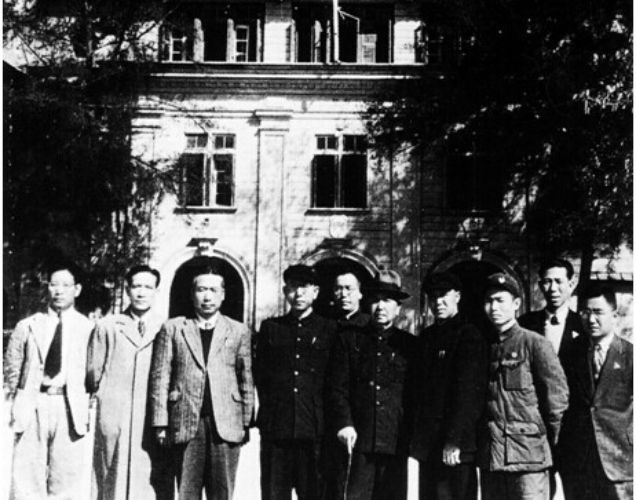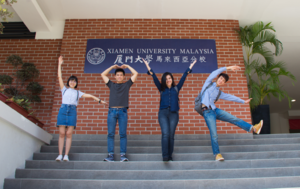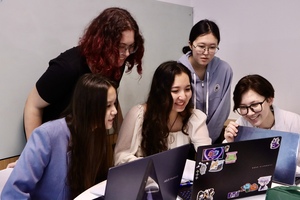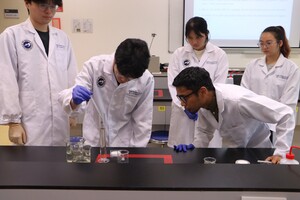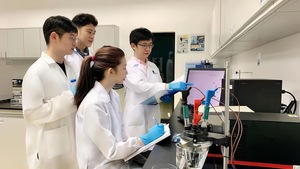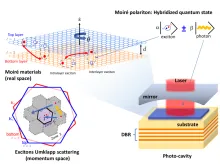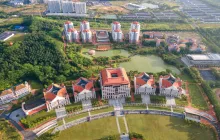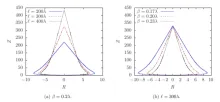Meet Our New Faculty Members! 丨Prof. Tomasz Paterek: Bringing Quantum Physics into Everyday Classes
After spending years on research and teaching in Poland, Austria and Singapore, Prof. Tomasz Paterek relocated to Malaysia and started working as the sixth full-time staff at the Department of Physics, Xiamen University Malaysia (XMUM), in March 2022.
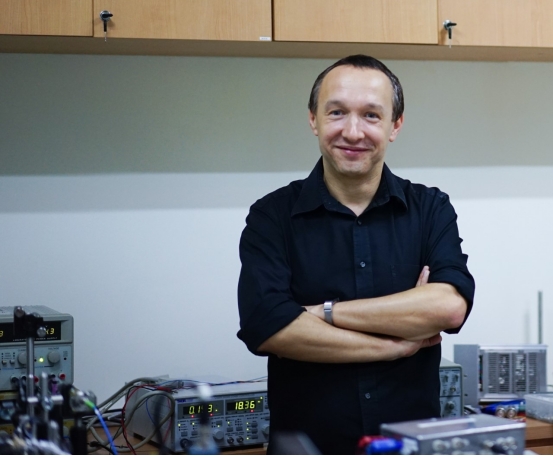
"I'm happy to join at this early stage of the Malaysian campus," said Prof. Tomasz, "It’s a pleasure to see how the university and the department grow and take shape."
Prof. Tomasz received his PhD degree from the Institute of Theoretical Physics and Astrophysics, University of Gdańsk in 2007. He then joined the laboratories of Prof. Anton Zeilinger, a fresh Nobel laureate in physics in 2022, for his first postdoc. Since 2012 Prof. Tomasz leads his own research group, at first in Singapore, then in Poland and now in Malaysia.
“We were dancing for a week when the Nobel prizes were announced! This provided a great opportunity to promote physics. I gave a public talk about the award in conjunction with our local prizes to secondary school students, who took part in the physics competition the Department organizes each year.”
Prof. Tomasz mainly conducts interdisciplinary research on the border between quantum physics and other fields, including quantum information and related technologies, quantum biology and quantum gravity. His favorite topics combine these fields to shed light on the basic structure of physical theories.
"Quantum information and quantum technologies have already become a growing industry with players such as Google, IBM, and Huawei," he explained, "Technology-oriented students should seriously take it into consideration - an interesting option to future physicists, computer scientists, mathematicians or engineers."
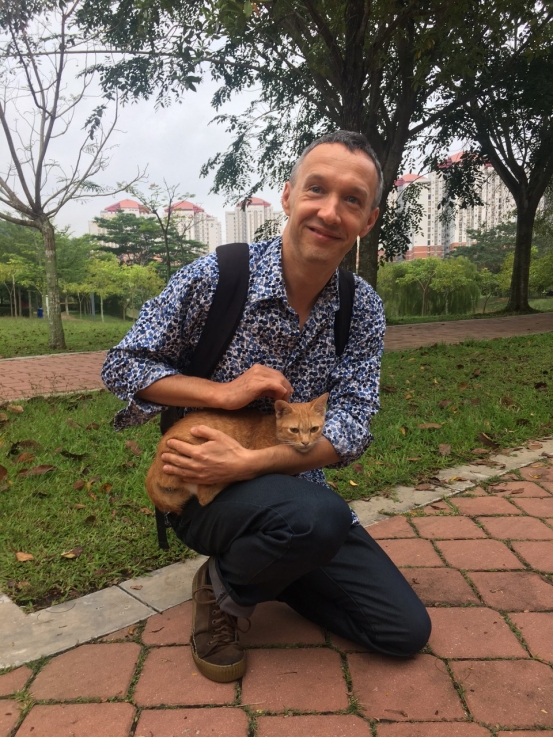
In two decades since 2003, Prof. Tomasz has published over 80 research papers with a total citation of over 6,500. Among these, a project on cockroach biomagnetism has won his team the 2019 Ig Nobel Prize in Biology, an award given annually to honor the weird-slash-intriguing science related to carefully drafted citations which “first make people laugh, and then make them think”.
“We got the prize for demonstrating that ‘dead magnetized cockroaches behave differently than living magnetized cockroaches’. What a surprise!” said Prof. Tomasz, "But not many people know that the common cockroach can feel the magnetic field around it, and the mechanism of this magnetic sense is at present unknown. Some experimental data suggest a radical-pair mechanism, which I find interesting. There are many questions the community must answer along this line."
Currently, the research of Prof. Tomasz is supported through Xiamen University Malaysia Research Fund (XMUMRF) and focuses on theoretical aspects of tripartite quantum systems. With this support, he has been inviting collaborators for research visits while seeking external grant opportunities. He also collaborates with Dr. Lim Yen Kheng on quantum gravity problems, designing experiments capable of showing quantum features of gravitational interaction.
Since joining XMUM, Prof. Tomasz has been teaching Electrodynamics, Astrophysics and Theoretical Mechanics to second- and third-year students. He strives to bring abstract concepts to the level of actual measurements and procedures in laboratories, spending a lot of time on course design and suitable examples, best in everyday experience and common devices.
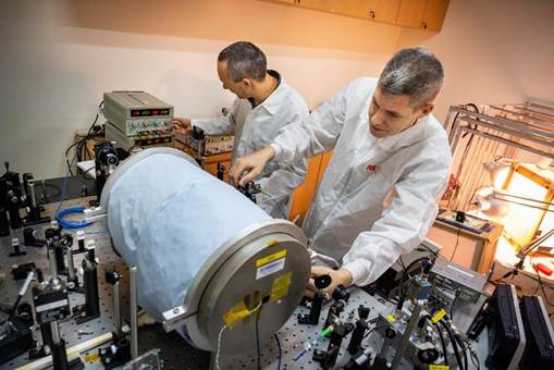
He also tries to earn student exchange opportunities by establishing connections with his past institutes. Recently, he has facilitated the signing of a Memorandum of Understanding between XMUM and the University of Gdańsk in terms of student exchange.
"Gdańsk is world famous for its research in quantum information and I highly encourage our students to make use of these opportunities. It is hard to overestimate the importance of exposure to the external world: In addition to gaining new knowledge and methods, you can learn new ways of learning, see how other people live and organize themselves, and what interests them. All the transferable soft skills boom."
When asked about his suggestions to students, he shortly summarized with "follow your heart".
"You do not have to be a genius to study physics. Lecturers are here to teach you step-by-step. You will learn how to solve problems and will gain a very strong foundation in general modelling. These are attractive skills to broad industries, including information technologies, banking, engineering, insurance, and entrepreneurship of course - Elon Musk is a physics graduate.”
"When you decide what to study, check what excites you, what takes your night in no time and still leaves you happy (though tired) in the morning. This is what you should be doing. Even if you’re not very good at it now, in a few nights' time you’ll be ahead and surely you will be recognized.”

